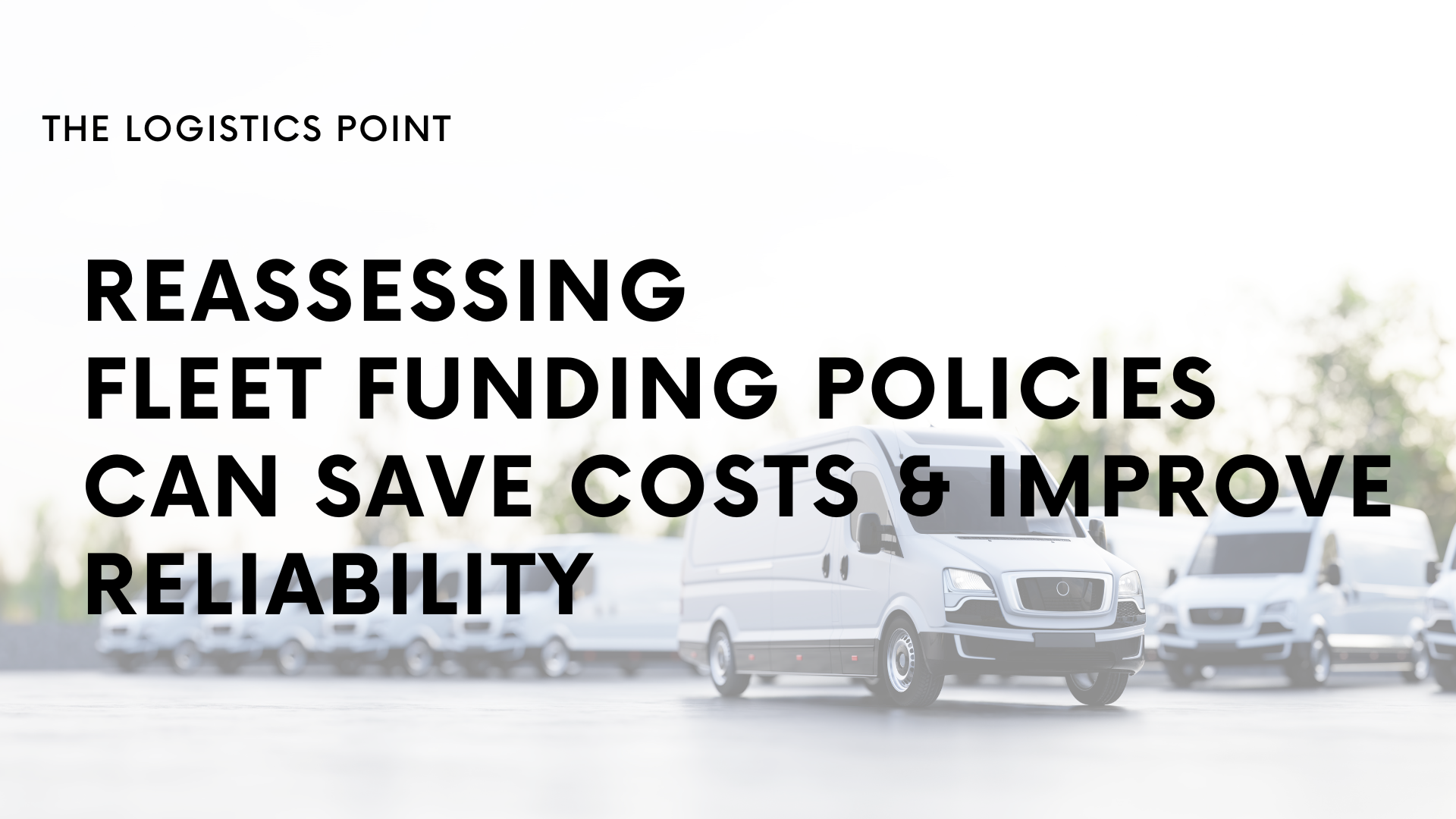Vehicle financing is an essential part of how fleets operate and can bring overall value if done right. But many organisations struggle as they might lack the know-how and the time to properly research and understand what needs to be done. We spoke to Peter Golding, Managing Director, at FleetCheck, about the new tax relief on vehicles and how funding would need to change.
More from our January edition below:
‘The conversations we have show that managers are aware of what vehicle they would like and they might also be aware of the tax breaks,’ begins Peter Golding, Managing Director, at FleetCheck.
This does not necessarily solve all the problems. However, Peter is more optimistic that the announcement from the last budget made the tax break for vehicles permanent and this will help more companies, if they rethink their fleet policy and funding procedures.
Light commercial vehicles can benefit from the permanency of the decision. Peter says that firstly companies would need to look at the replacement cycle of vehicles.
He believes the whole process will be relatively straightforward but would require a higher level of knowledge that some organisations might not possess. In those cases, seeking expert advice could not only lower their tax bills but also ensuring the correct vehicles are selected for replacement.
Older fleets
Due to the acute lack of supply companies are now operating vehicles that are a lot older. Whereas in the past they would update their fleets much sooner now they are more hesitant or just cannot find what they need. This means there are more costs associated with maintenance and long lead times. For Peter these problems showcase how important it is to fund the vehicle correctly.
‘It is now very normal to operate vehicles that are well past the manufacturer’s warranty, this will increase your SMR costs, Peter explains. Companies might still be tempted to change their vehicles every three years, for example, but in the current market this is not as easy as it used to be. By deciding to simply extend the current leases, you could lose out on the tax benefits as well as incurring higher maintenance costs. ✷
The levels to look at
- Replacement Cycles: due to the unavailability of vehicles this could cause problems; reassessing what type of vehicles you operate and shifting them around will also help. Reassessing conversions and specifications will also be a key part of the process. Specialised vehicles should be operated over longer replacement cycles due to the increased level of investment in both conversions and specification.
- Funding: just because you have always funded your vehicles in a specific way, does not mean you should not make changes. Talk to your accountants, financial advisers and funders, to ensure you select the correct funding method that can benefit from the 100% tax write-off.



